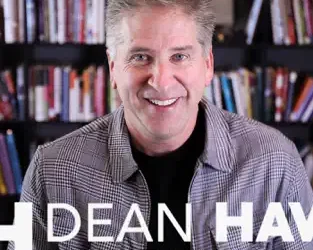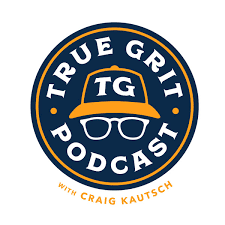We all need energy and clarity, for our families and our work. We know that the right nutrition, sleep, workouts and a positive attitude are part of the equation for energy and clarity. However, neuroscience research now shows that the quality of our relationships plays a major part in this as well.
This article will show you what great things you need from others, and what you can also provide to others. In my just-released book People Fuel (https://www.amazon.com/People-Fuel-Fill-Your Leadership/dp/0310346592/ref=tmm_hrd_swatch_0_encoding=UTF8&qid=1561127089&sr=8-2), I use the parallel of how our bodies need bionutrients, such as vitamins and minerals, to stay healthy and active. If you don’t have enough calcium, for example, you risk osteoporosis. If you lack sufficient iron, you can become anemic.
In the same way, I use the term relational nutrients to describe how we keep each other energetic, clear and vital via what we provide to each other. However, instead of taking a supplement capsule, the nutrients are delivered from brain-to-brain by meaningful conversations: face to face, phone, text and videos.
If we don’t intake the necessary relational nutrients, and at the right times, we can lose energy, have mood problems and not be as effective and productive as we could be. There are 22 nutrients, grouped into 4 Quadrants, which makes it simple to understand and use. Here are the Quadrants:
Quadrant 1: Be Present. Sometimes we just need someone to “be there” for us, and with us, when we are having a challenge. Being present means that the person is interested, engaged, listening well and tuned in to our emotional state. If you’ve ever been overwhelmed and upset, and have someone give you lots of advice instead of just “being there” with you, you know what this means.
Quadrant 2: Convey the Good. When we’ve had a struggle or a failure, it’s easy for us to become discouraged or “out of gas.” The relational nutrients in this Quadrant provide encouragement, respect and affirmation for us.
Quadrant 3: Provide Reality. If you’ve ever had a complicated relationship or work problem, you know how much you need insight, perspective or feedback from another. Those conversations which get to the “Why” of our challenge are enlightening and clarifying for us.
Quadrant 4: Call to Action. Sometimes we need someone to help us get off our butts and take some practical step! That might mean advice to make a plan, or have a conversation we’ve been avoiding, or take a needed risk.
You can download a free digital table of the 22 relational nutrients in the 4
Quadrants, by simply going to relationalnutrients.com and accessing it. Or you can print a hard copy for yourself, whichever works for you.
The right nutrients from others, and to others, may be the missing piece for you.
Best,
John






